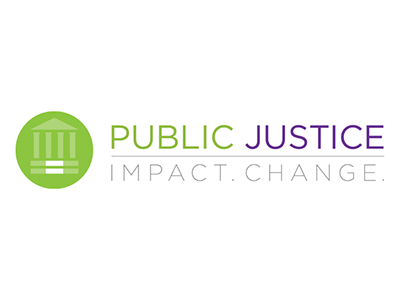
Authored By: Rob Mohr
This month marks the 50th anniversary of the passage of one of the United States’ most influential labor laws, the Employee Retirement Income Security Act (ERISA). Signed into law by President Ford on Labor Day in 1974, ERISA provides protections and regulations around employees and their employer-sponsored pension and health insurance plans.
The law was created in response to public outrage and Senate testimony around now-defunct automaker Studebaker’s decision to close their plant in South Bend, Indiana in 1963, eliminating the pensions of over 4,000 employees. Many employees affected by the closure had worked at the plant for decades, often alongside generations of their family, and were nearing retirement age when their pension plans vanished overnight. ERISA sought to prevent this issue by enacting minimum standards, assigning a fiduciary responsibility to those involved in their planning and execution, and creating a framework for employees to pursue legal action in the event of noncompliance from their employer.
Public Justice took on two cases involving ERISA and medical expense reimbursement in 2012 as part of their Access to Justice campaign. CGI v. Rose and U.S. Airways v. McCutchen helped set significant legal precedent with Public Justice’s assistance by limiting the reimbursement amount ERISA plans are allowed to seek in court from an injury victim who also recovers funds from the third party who caused their injury.
In Rose, defendant Rhonda Rose was injured in an automobile accident and received $31,979.42 from her employer’s ERISA plan to cover her medical expenses. Despite her total damage estimation at $1.75 million and her actual recovery of $376,906.84 from the other driver and both insurance policies, CGI filed a suit against Rose and the law firm that represented her, arguing their claim to the funds superseded Rose and the firm. The district court dismissed the case against the law firm but allowed the suit for reimbursement against Rose to continue. The Ninth Circuit court reversed the decision, blocking CGI from pursuing reimbursement. CGI then appealed in the Supreme Court, ultimately leading to a split decision: the ERISA plan could seek reimbursement but not without paying a share of the fess it would have incurred if it had sued the driver who caused the accident.
McCutchen followed a similar trajectory, he was also involved in an accident while driving, received funds for medical expenses from his employer’s ERISA plan, and once he recovered damages from the other driver, was sued for reimbursement by his ERISA plan. In McCutchen’s case, paying out the full reimbursement would have resulted in a net loss, as the amount US Airways was seeking to recoup exceeded the damages he received from insurance and litigation. The court found this unequitable and required US Airways to subtract a percentage from their recovery to account for attorney fees. Unfortunately, McCutchen passed away before the case was settled, however his widow was able to keep the funds that McCutchen’s auto insurance paid out, and US Airways was only entitled to the damages from the suit against the other driver.
These landmark cases, although not a total victory for Public Justice or the accident victims they represented, set a precedent that protects employees from being taken advantage of by their employer’s ERISA plans. Furthermore, Public Justice’s effort demonstrates the importance of maintaining vigilance over the execution of laws designed to protect the vulnerable and injured.
Thanks to Public Justice and their allies for fighting against systemic threats like corporate corruption, environmental polluters, and assaults on civil rights and liberties. If you want to financially support Public Justice and help them continue their important work, click here to visit their website.

